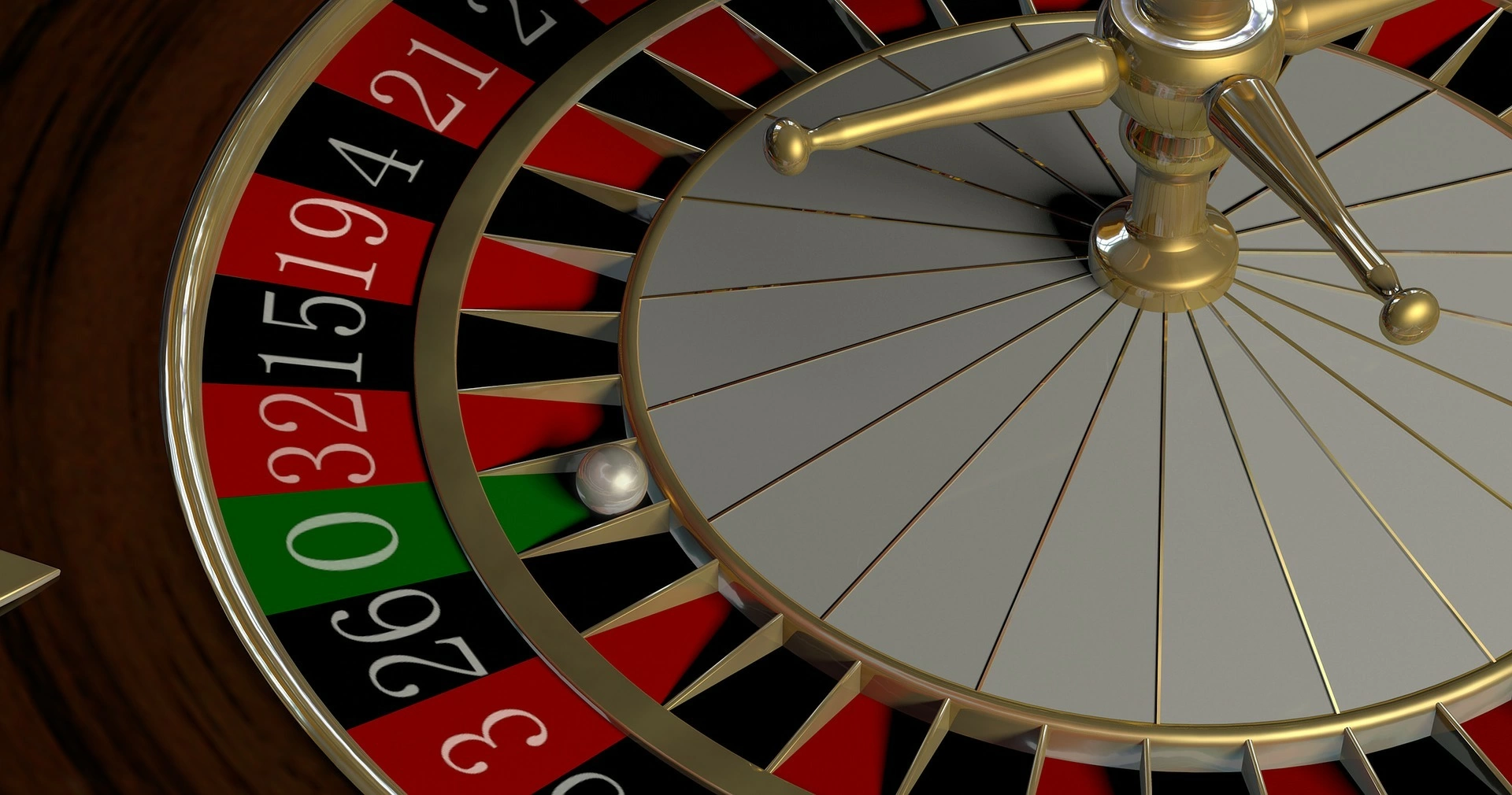Gambling fallacies are often a major cause of gambling problems. Not only do they increase the likelihood of losing, they can also affect your overall gambling experience. Here are some examples of the fallacies that can influence your gambling. Let’s look at two of the most common examples. The first example is when you make decisions based on a false belief or an incorrect assumption. This kind of situation could be considered “gambling with your life,” while the second example is when you gamble with your job.
The gambler’s fallacy is the assumption that an event that occurs in the past will affect the outcome of a subsequent event. However, there is no evidence to support this assumption. The fallacy arises when people believe that a certain pattern of events is a causal one, and that a repeated event must cause another event to occur.
Another example of a gambling fallacy is “base rate neglect.” This fallacy occurs when people ignore general probabilities and estimate frequency through memory. For example, when people play the lottery, they believe that the probability of winning a particular lottery ticket is greater if they know the number of lottery winners. However, this fallacy can be applied to other situations, such as die rolling. The probability of rolling three sixes in a row is rare, but it is just as likely as rolling three aces.
Another gambling fallacy is based on the concept that frequent events are less likely to happen in the future. In the case of coin flipping, the gambler’s fallacy kicks in when the coin flips ten times in a row. As a result, he will think that the outcome of the flip is likely to result in a head.
This fallacy is also referred to as the “sceptical inquirer” fallacy. This type of fallacy tries to shield a person’s ideas from criticism and discussion. Though this is the most common type of gambling fallacy, it does occur in other situations. The gambling fallacy is a common problem among problem gamblers.
Another example of a gambling fallacy is the “law of small numbers.” This fallacy states that small numbers have a large impact on the outcome of an event. For example, a fifty-percent birth rate means that fifty percent of the population of each sex is born in a particular city.
Another example of a gambling fallacy is when people tend to make the same mistake more than once. In roulette, a person may believe that he or she is an expert and that he or she is more likely to win than lose. This fallacy happens when a person’s winning streak is longer than his or her losing streak.
Another example of a gambling fallacy is the belief that you can predict lottery numbers. Similarly, a gambler may believe that a winning streak will lead to more winnings despite the fact that the numbers are completely random. Although this fallacy is most prevalent in lottery games, it can also occur in sport betting. The hot hand belief exists in many players, but research shows that this is not the case.

